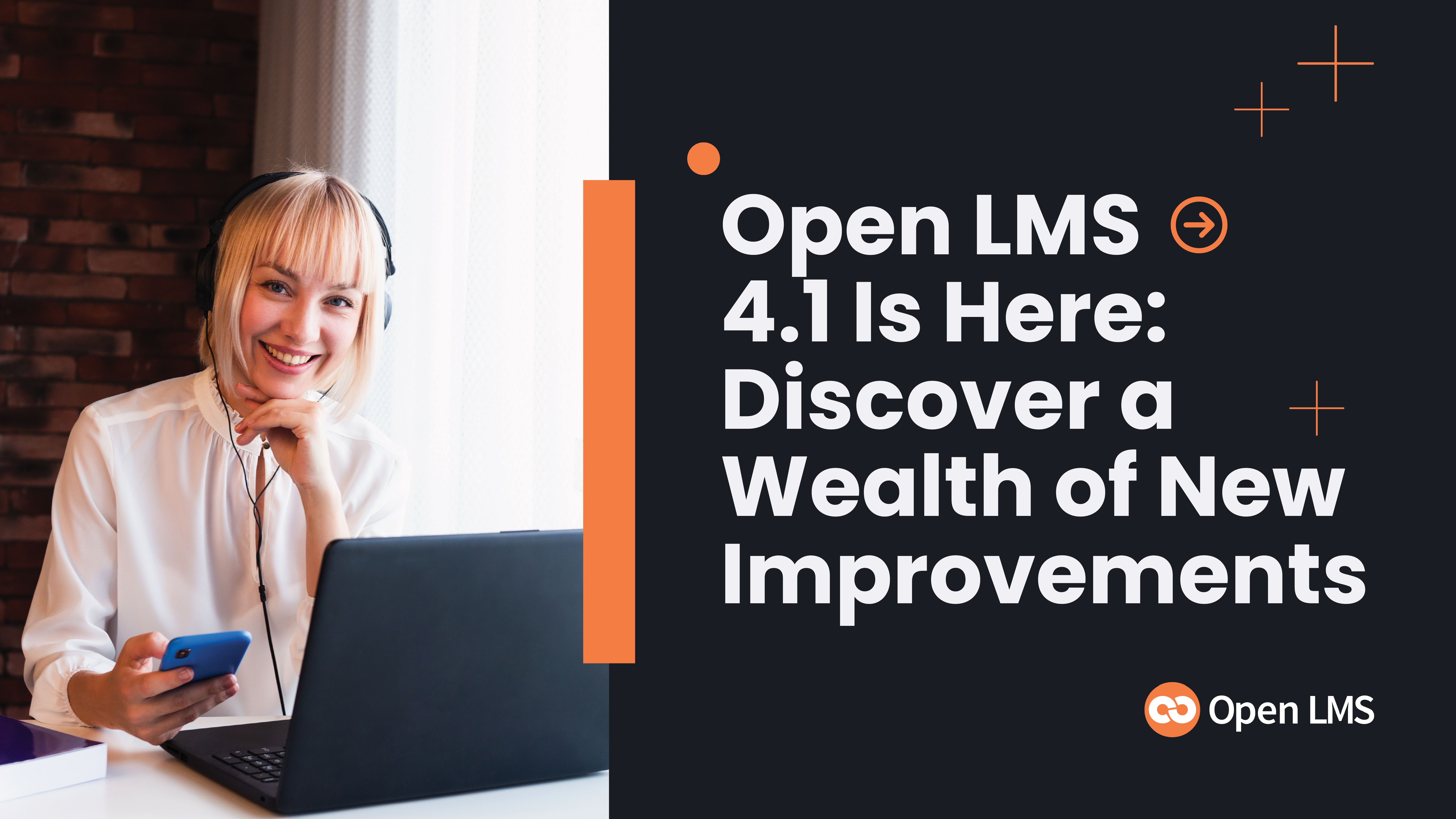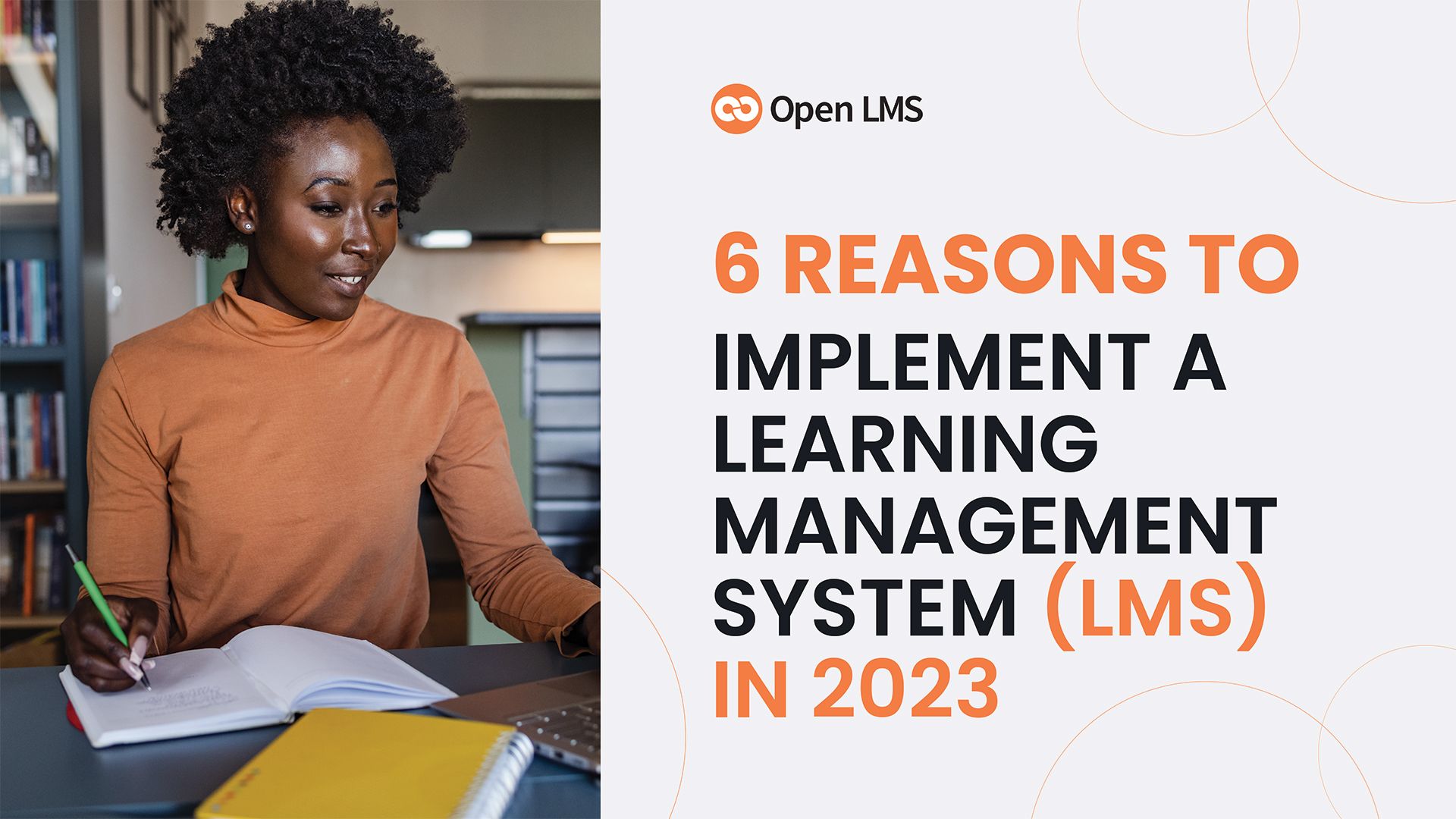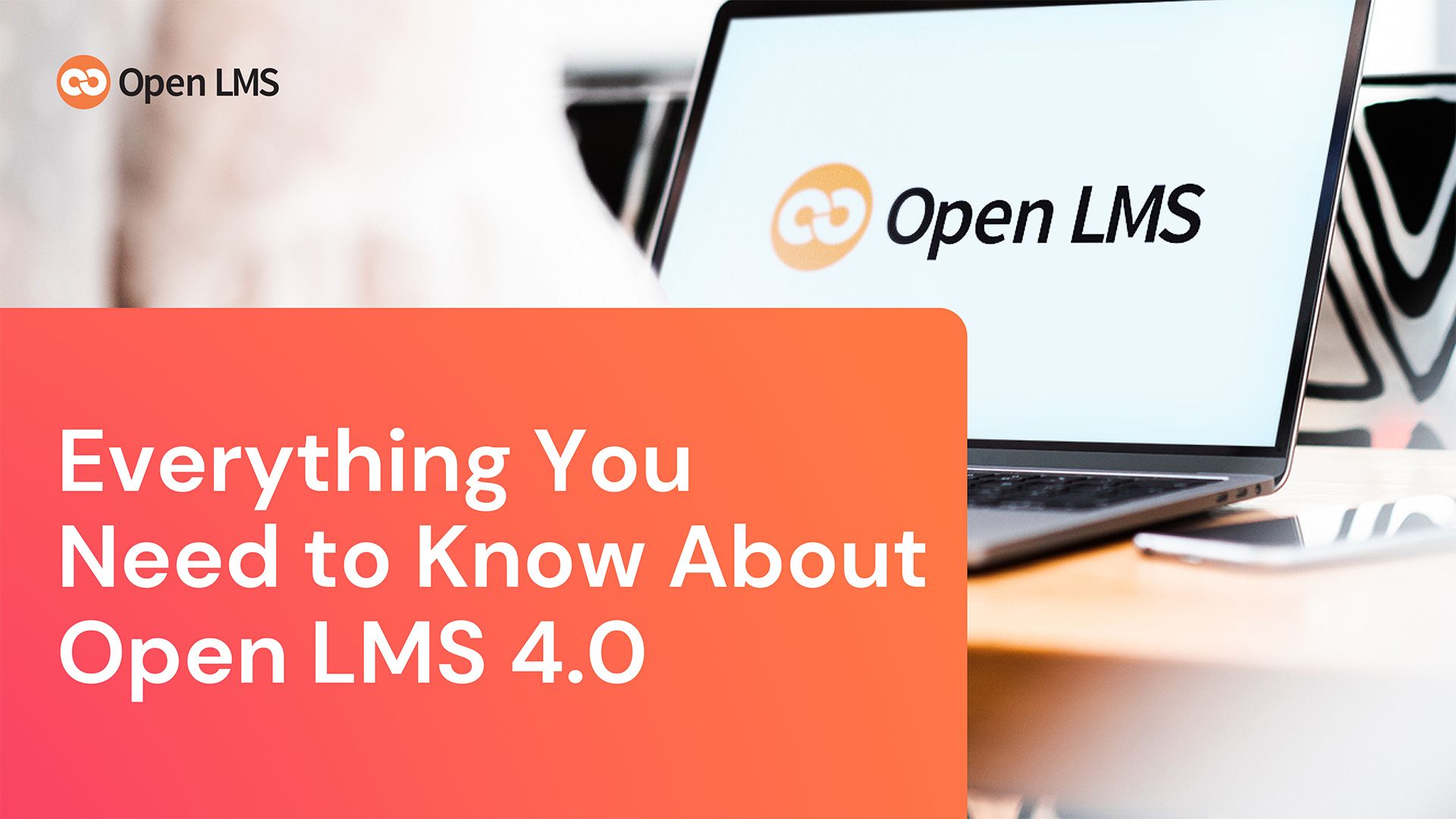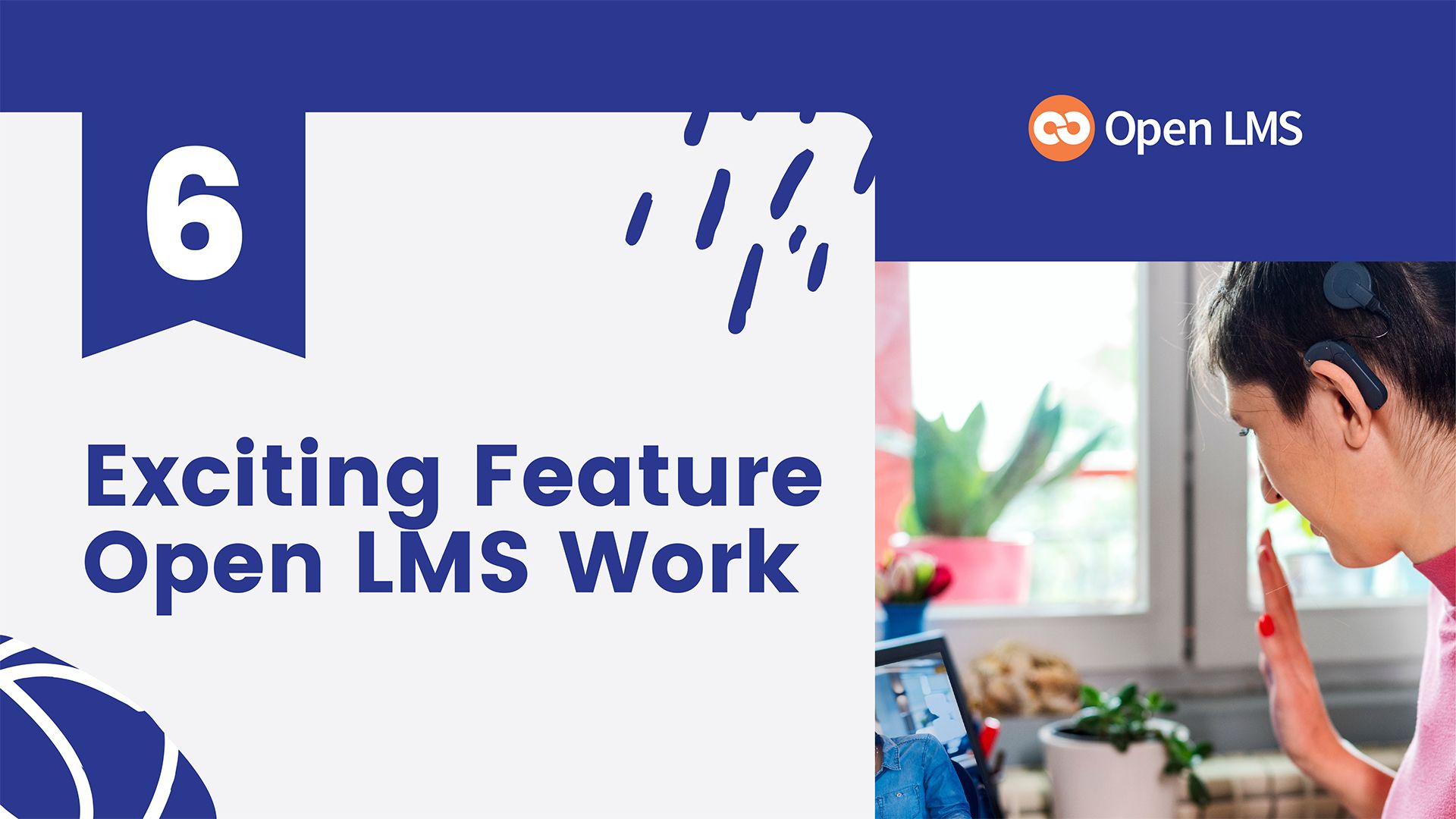
Streamline Your Compliance Training With the Open LMS Certification Feature
Discover how the Open LMS Certification feature streamlines compliance training and simplifies your certification and recertification processes.
Discover how the Open LMS Certification feature streamlines compliance training and simplifies your certification and recertification processes.
Learn how accessibility solutions can help you improve learning experiences for everyone in this Q&A with Gavin Henrick, CEO of Brickfield Education Labs.
An LMS with ecommerce functionality can enhance your profitability. Learn the benefits of an ecommerce suite and how to sell your digital products.
Data is the lynchpin to successful decision-making. Discover how Open Report Engine makes it easy to drill down for the data you need.
Our Open LMS 4.1 update introduces new features for both EDU and WORK users. Explore these enhancements and elevate your eLearning programs.
Discover six reasons why organizations and educational institutions should implement an LMS. Harness LMS technology for enhanced learning and success.
The latest version of Open LMS is here, and with it comes an array of improvements for users and administrators alike. The navigation and usability of the platform give users a modern learning experience that promotes engagement and limits distractions. Open LMS 4.0 enhances learning and offers unparalleled support to its clients. Read on to learn more.
Since its launch, Open LMS Work has transformed how a wider range of small to medium-sized businesses, large corporations, non-profits, and government institutions provide value to their learners. We’re continually adding new features to enrich the experiences for organizations and their learners when using the platform.
Powerful learning management systems make your administrators’ lives easier without compromising the user experience. Developing high-quality adult learning requires significant time and effort. While Moodle™’s open-source software is a great starting point for many institutions, its basic features aren’t the most efficient for completing administrative tasks.







